More people have been utilizing cannabis as it continues to legalize, and one of the most popular variances of the plant is hemp oil for pain. Derived from the hemp plant, people are turning to this oil as a natural analgesic alternative for chronic pains, aches, or injuries.
You may have heard of CBD oil, so how is hemp oil different? While CBD oil is extracted from the flowers of cannabis or hemp plants, hemp oil is derived from the seeds of the hemp plant, a derivative of cannabis that contains little to no amounts of THC.
Essentially, hemp oil has zero psychoactivity and is fully legal. Hemp oil also contains a high amount of omega-3 fatty acids, which are known to reduce inflammation. That could explain the positive reports of people using this oil to help manage pain.
You may feel skeptical, but there are quite a few reasons to believe that hemp oil and quality hemp products in general may be beneficial for pain relief, depending on the person.
While many turn to hemp oil for its analgesic properties, there are several other recognized benefits that consumers may experience if they use hemp oil regularly.
Here are a few of the most commonly-acknowledged benefits:
- Hemp Oil for Pain
Hemp oil is recognized for a variety of potential benefits, but one of the most prominent is its apparent ability to act as an analgesic. As we mentioned earlier, hemp oil contains high amounts of omega-3 fatty acids, which are recognized for their ability to reduce inflammation.
Getting chronic inflammation under control is key for pain reduction, so these fatty acids play a huge role in hemp oil’s potential effects on pain relief. The nutritional value here alone makes it a worthy supplement for anyone suffering from chronic pain, arthritis, rheumatoid joint inflammation, or any other type of ache or soreness.
- Hemp Oil for A Better Diet
A good diet is one of the most important keys to a long, healthy life, and hemp oil is packed with the nutrients your body needs to thrive.
One serving of hemp seeds contains 12 grams of healthy fats and 10 grams of protein, which is especially helpful to anyone with a meat- and/or dairy-free diet who struggles to get enough protein throughout the day.
Hemp seeds also contain Vitamin C, calcium, iron, magnesium, B vitamins, arginine, and gamma linolenic acid. These nutrients all contribute vital minerals to your body’s cells, setting you up for good health and a strong immune system.
Hemp seeds are also very high in iron levels (about 20 percent of your daily recommended serving), which is great for anyone who suffers from anemia or some other form of iron deficiency.
- Hemp Oil for Healthy Skin
If you’ve used hemp oil for pain, you’re well aware what a significant effect it can have on your body, and it turns out it can be just as effective on your skin.
For anyone who’s ever used a food product for skincare (like DIY face masks made of yogurt, honey, avocado, etc.), this should make sense: just as those food items contain valuable nutrients and minerals to help keep our skin healthy and glowing, so does hemp oil.
The fatty acids and vitamins are known to prevent breakouts, and research has revealed hemp oil to be effective in soothing the symptoms of psoriasis, eczema, dermatitis, rosacea, and acne.
- Hemp Oil for the Heart
Another recognized benefit of regular hemp oil use is heart health. Again, because of the high amounts of nutrients and minerals found in hemp seeds, hemp oil seems to benefit the cardiovascular system.
Evidence has also revealed that high amounts of alpha-linolenic acid, which is present in hemp oil, appears to reduce the risk of cardiovascular disease. This implies that the use of hemp oil may reduce your risk of heart problems, but further research needs to be conducted on the concept.
- Hemp Oil for a Healthy Brain
If you’ve used hemp oil for pain and experienced positive benefits, you’re well aware what a great effect it can have on your physical health. However, did you know that hemp oil can also have a positive effect on your mental health?
Hemp oil has also been recognized to support a healthy brain. A study involving mice revealed that the fatty acids found within hemp oil are beneficial for the brain by protecting it from inflammation.
Are you still missing out on The Bluntness newsletter? Sign Up today to stay in the loop.
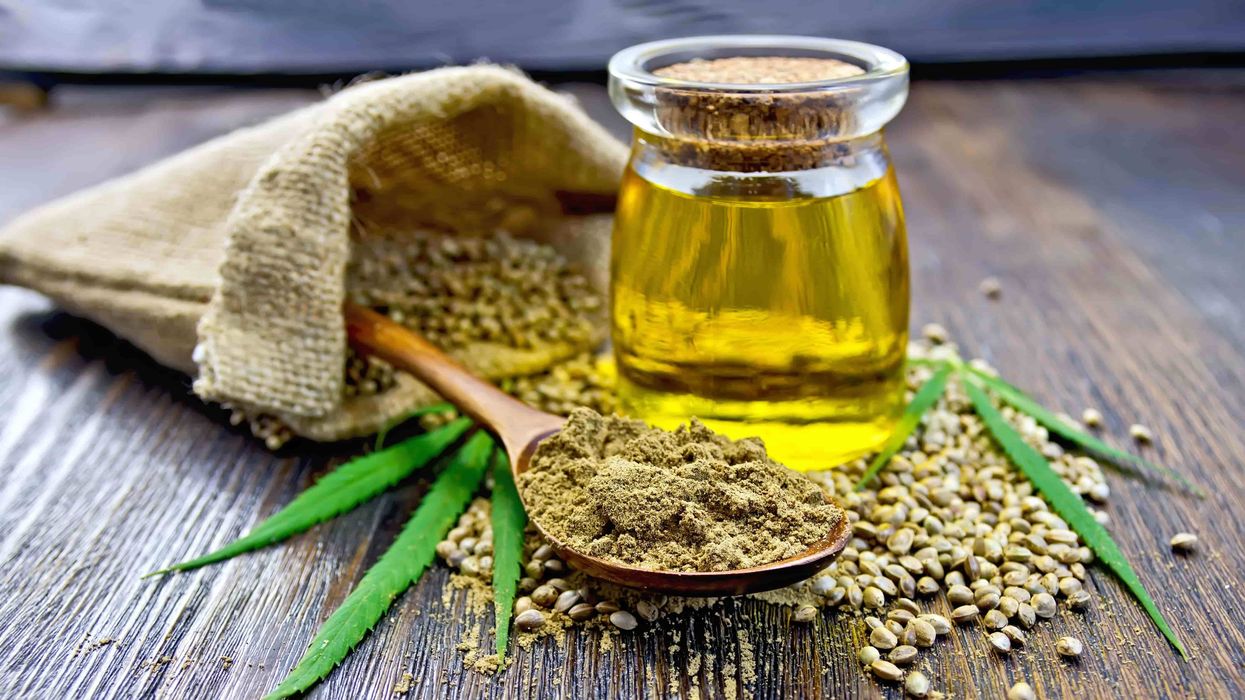

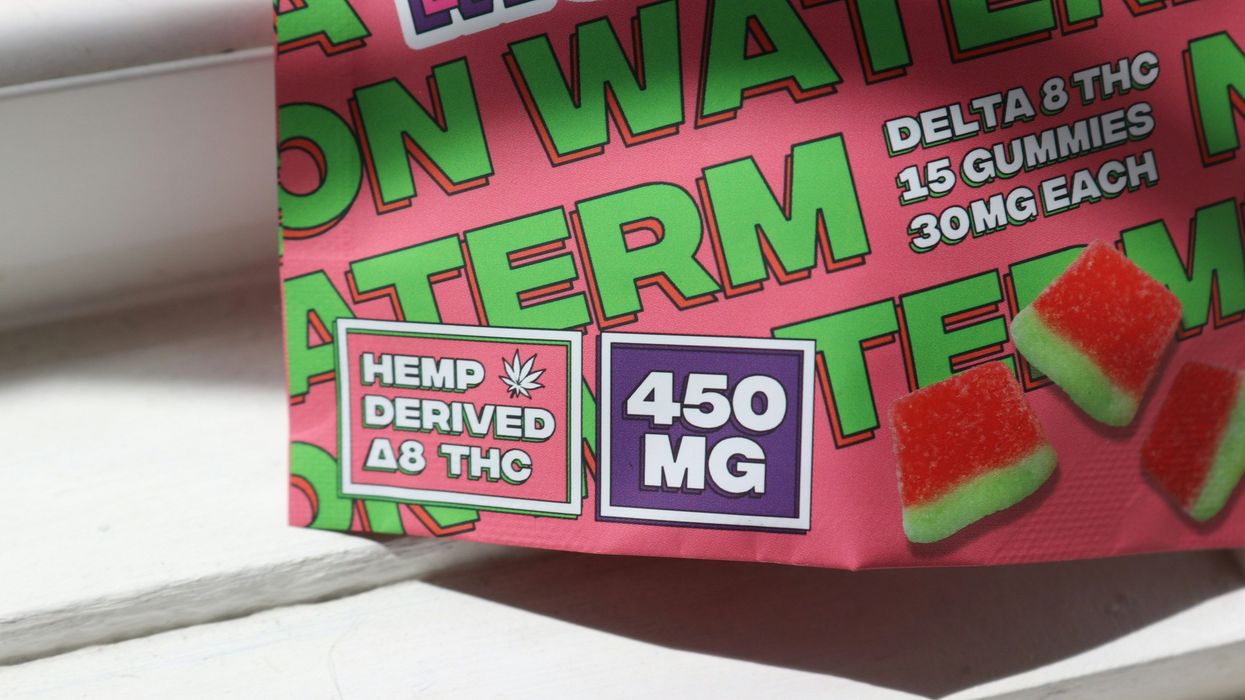




 11 Signs You've Greened Out and How to Handle It - The Bluntness
Photo by
11 Signs You've Greened Out and How to Handle It - The Bluntness
Photo by  11 Signs You've Greened Out and How to Handle It - The Bluntness
Photo by
11 Signs You've Greened Out and How to Handle It - The Bluntness
Photo by 





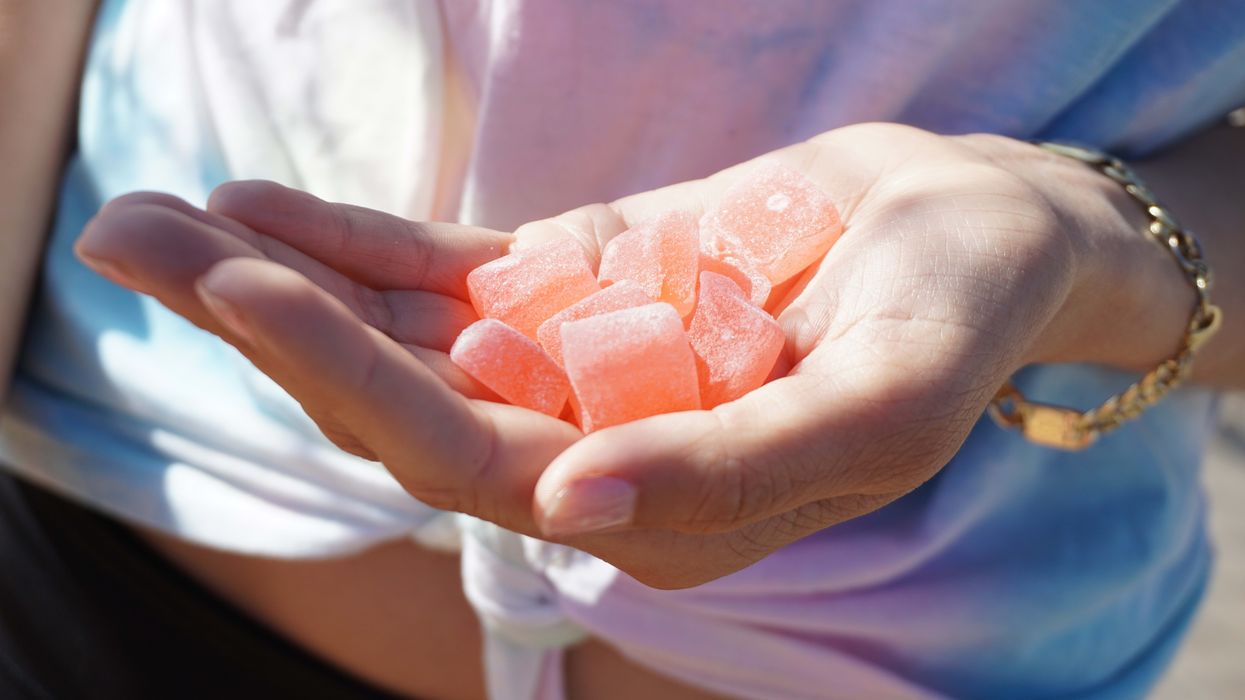
 Ayrloom Orchard Sunrise Cannabis Infused Gummies
Ayrloom Orchard Sunrise Cannabis Infused Gummies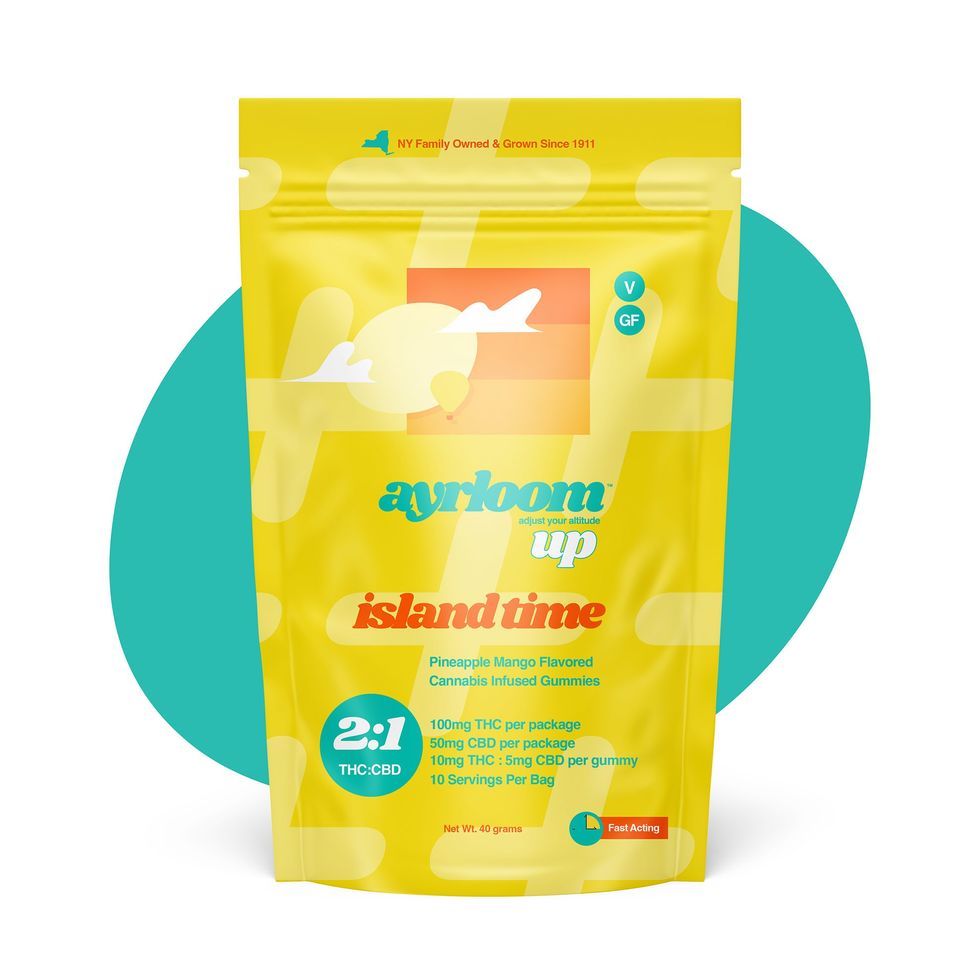 Ayrloom Island Time THC Gummies - Pineapple Mango Flavor
Ayrloom Island Time THC Gummies - Pineapple Mango Flavor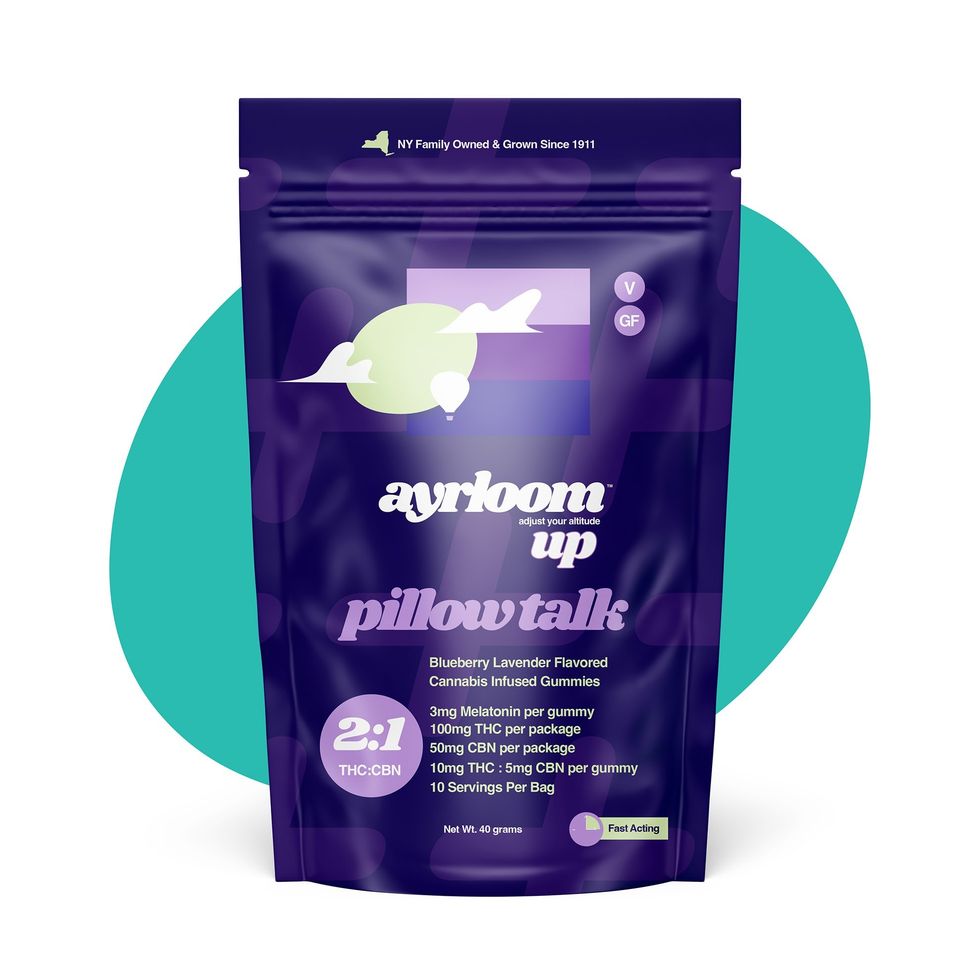 Ayrloom Pillow Talk - Sleep Gummies
Ayrloom Pillow Talk - Sleep Gummies 
 What will you do with that cannabis kief collection? - Make Coffee! The Bluntness
What will you do with that cannabis kief collection? - Make Coffee! The Bluntness DIY: How to Make Kief Coffee - The Bluntness
Photo by
DIY: How to Make Kief Coffee - The Bluntness
Photo by 
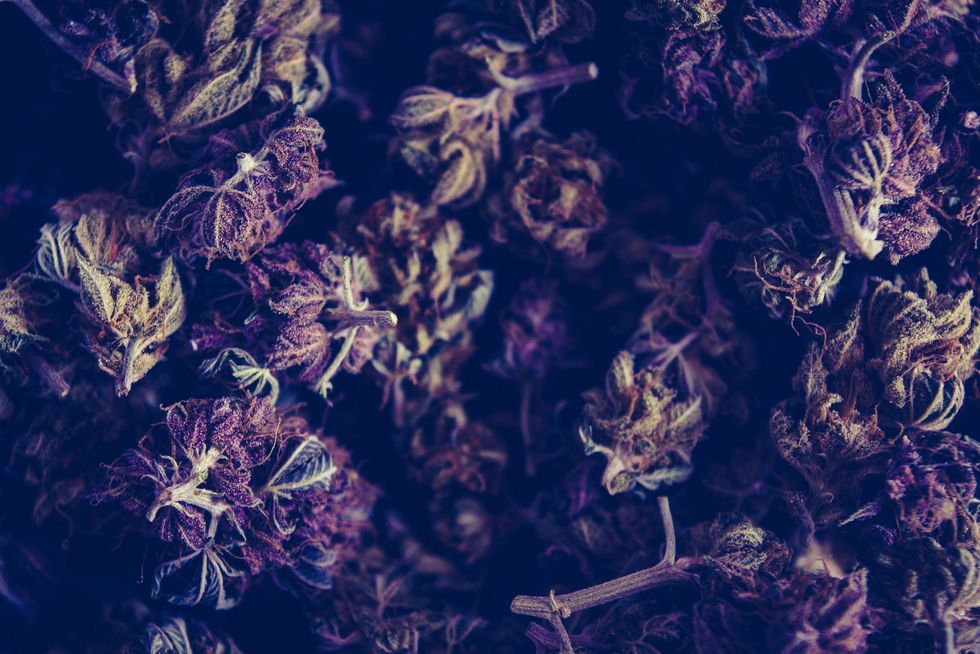 What is reggie weed? - The Bluntness
Photo by
What is reggie weed? - The Bluntness
Photo by 